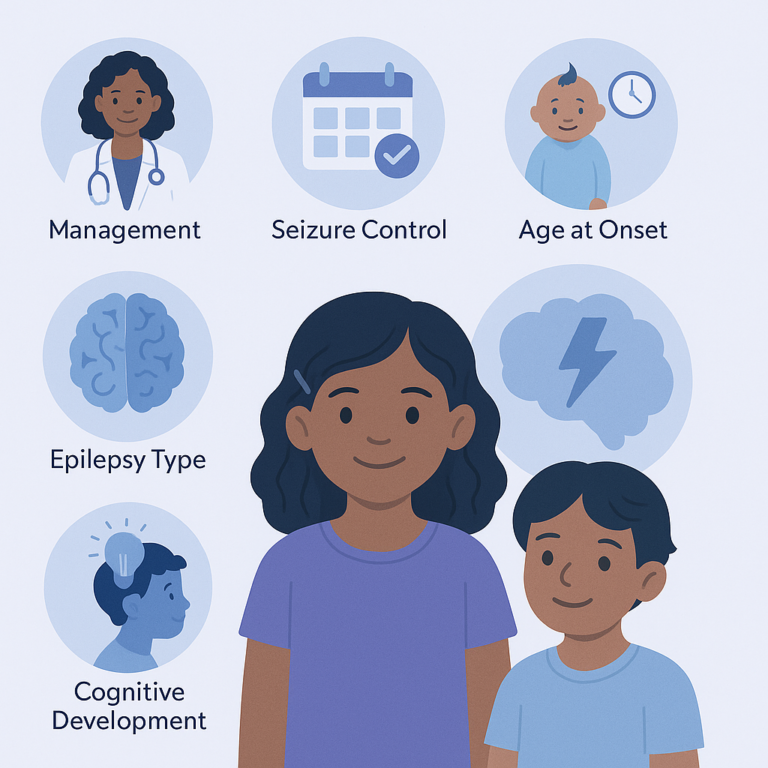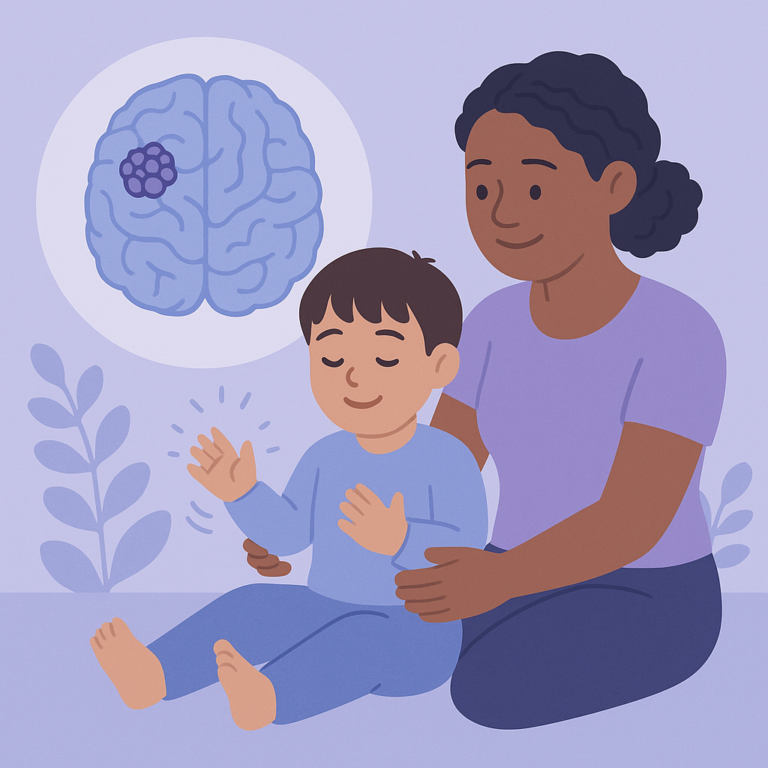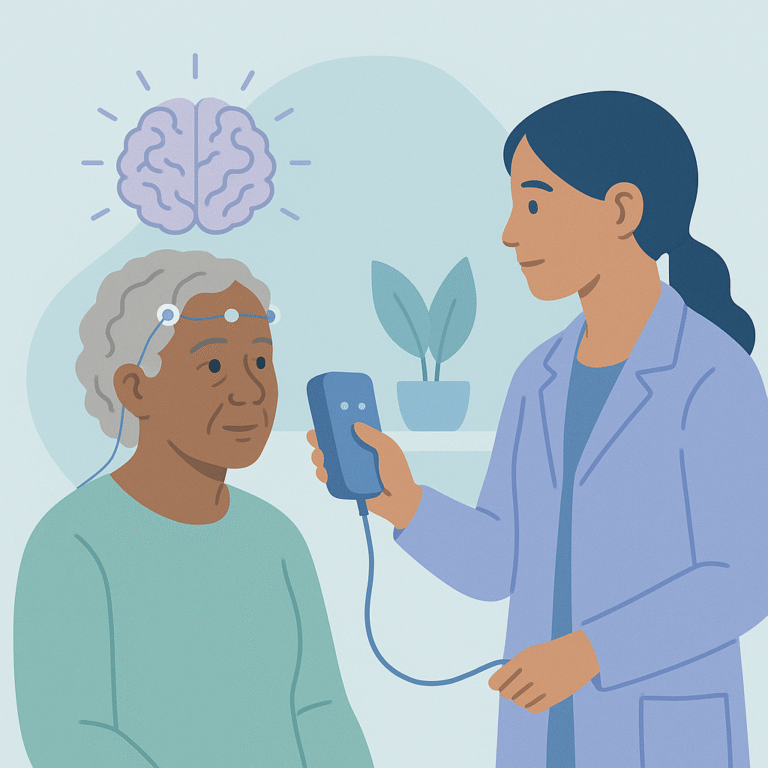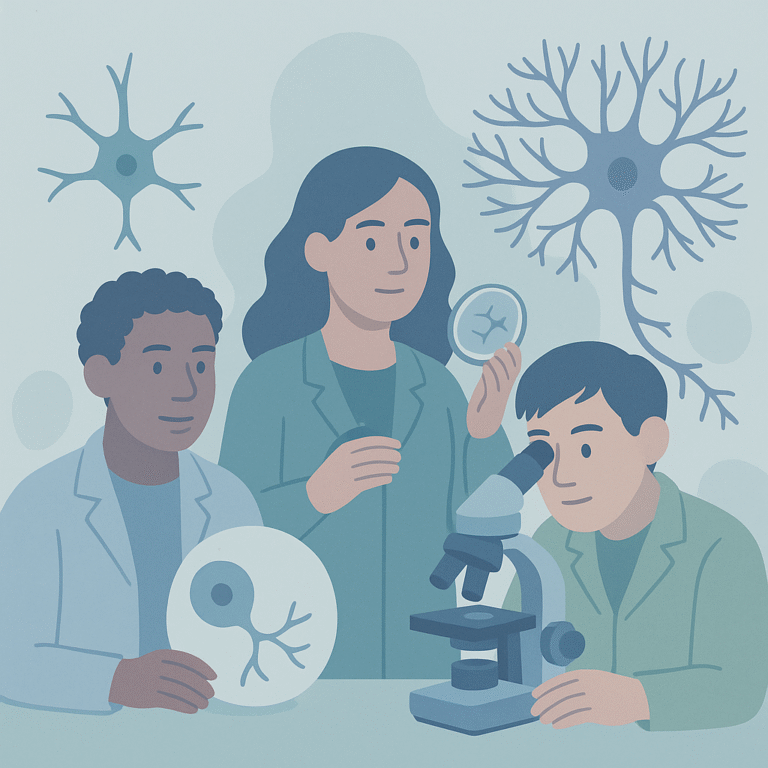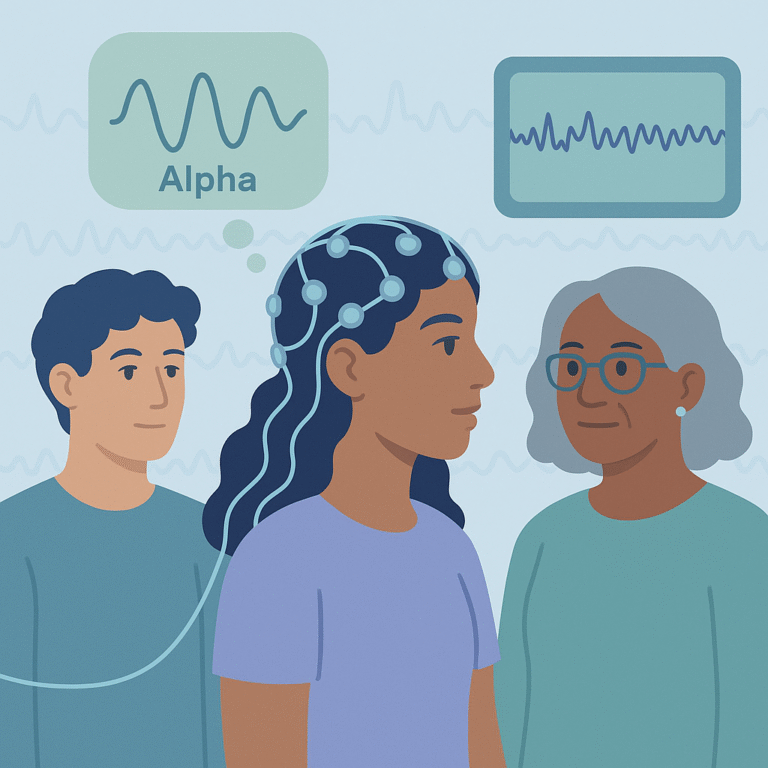New Scoring System Measures Severity in CDKL5 Deficiency Disorder
⚠️ Infant dosing/safety: medication and diet decisions for infants require individualized medical guidance.
Source: Brain and behavior
Summary
Researchers studied CDKL5 deficiency disorder (CDD), a rare condition that causes severe developmental and epileptic challenges in individuals. They gathered data from 206 people, ranging in age from just a few months to 40 years, through the International CDKL5 Clinical Research Network. The goal was to create a global severity score that reflects the range of symptoms and challenges faced by those with CDD, using various assessments related to communication, motor skills, sleep disturbances, and overall quality of life.
The study found that motor and communication abilities were the most significant factors in determining the global severity score. This score was shown to correlate well with other measures, like brain activity and quality of life, suggesting that it effectively captures the complexity of CDD. The researchers developed a model that illustrates how different symptoms are interconnected, providing a clearer picture of the severity of the disorder.
This research is important because it offers a new way to measure the severity of CDD, which can help in clinical trials and improve understanding of the condition. However, the study has limitations, such as being observational and based on a specific group of individuals, which may not represent all people with CDD. More research is needed to confirm these findings and ensure they can be applied broadly.
Free: Seizure First Aid Quick Guide (PDF)
Plus one plain-language weekly digest of new epilepsy research.
Unsubscribe anytime. No medical advice.
